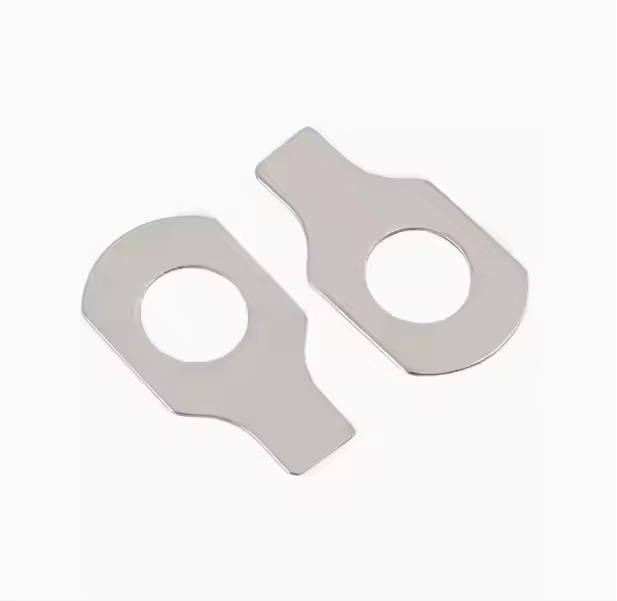

2025-09-20
When you think of fasteners, particularly something as standard as DIN934 hex nuts, sustainability might not immediately come to mind. However, as industries push towards more environmentally-friendly practices, it’s surprising how even the smallest components like these are making a difference.
The first thing I noticed in my years working with fasteners is the shift in material choices. Manufacturers are now opting for recycled metals or materials with a lower carbon footprint. This isn’t just a trend; it’s becoming a norm. And to be honest, Hebei Muyi Import&Export Trading Co.,Ltd, with their comprehensive portfolio, is a prime example of integrating sustainable materials into their fastener products. You can check their initiatives at their website.
At first, there was skepticism. Concerns about durability and strength of recycled materials were rampant. But, through extensive testing, many companies have found that these hex nuts meet or even exceed the required standards. It’s a rewarding realization to see these changes firsthand.
Seeing factories reduce waste by recycling scrap metal back into their production line is both inspiring and practically efficient. Yet, achieving the perfect balance of quality and sustainability remains challenging. Some attempts, I must admit, have stumbled before succeeding.

Another area where sustainability shines is in coating technologies. Traditional coatings often involve harmful chemicals. The industry is gradually phasing out these substances in favor of eco-friendly coatings, which, interestingly, often enhance corrosion resistance.
These new techniques have been a game-changer. Processes like zinc flake coating are not just less toxic; they also provide superior performance. But, the transition isn’t smooth for everyone. Some older coating lines need significant updates or even complete overhauls.
Working closely with coating specialists, I’ve realized that while upfront investments might be higher, the environmental and performance dividends are well worth it. It’s a matter of long-term vs. short-term thinking, a transition still underway in various production facilities.
If there’s one thing that many overlook, it’s the energy consumption during manufacturing. Traditional processes are energy-intensive, contributing significantly to carbon emissions. Enter energy-efficient machines and processing methods.
At Hebei Muyi, for instance, optimizing energy consumption has led to reduced operational costs and a smaller carbon footprint. Over the years, implementing smart machinery that adapts energy use based on load and necessity has become increasingly prevalent.
However, adopting new technologies isn’t without hurdles. High initial costs and the need for skilled personnel for maintenance and operation are constant challenges for many manufacturers.

Interestingly, sustainability isn’t limited to production alone. The logistics and supply chain play a pivotal role. Reducing transportation emissions by optimizing routes and consolidating shipments are critical steps toward a more sustainable model.
Working within the industry, I’ve seen how suppliers and manufacturers are forging closer relationships to ensure minimal transit distances. Hebei Muyi’s strategy, clearly defined on their website, involves collaborating with local distributors to lessen the environmental impact.
Despite some effective strategies, not all parts of the supply chain adapt at the same pace. It requires coordinated efforts and transparent communication among all stakeholders, which can occasionally slow progress.
Sustainability is an ongoing journey, especially in a field that historically prioritized cost and performance over environmental impact. DIN934 hex nuts aren’t just following the trend; they’re setting new benchmarks.
Continuous R&D, much like what’s practiced at companies like Hebei Muyi, is crucial. There’s an evident commitment to innovating processes, materials, and logistics to keep pace with evolving sustainability expectations.
From my personal observations, the real challenge is cultivating mindset change across all levels of a business. It requires education, persistent effort, and a willingness to trial and error, sometimes more error before success. In the end, though, knowing the impact on both the industry and the planet makes it worthwhile.
Please enter your email address and we will reply to your email.